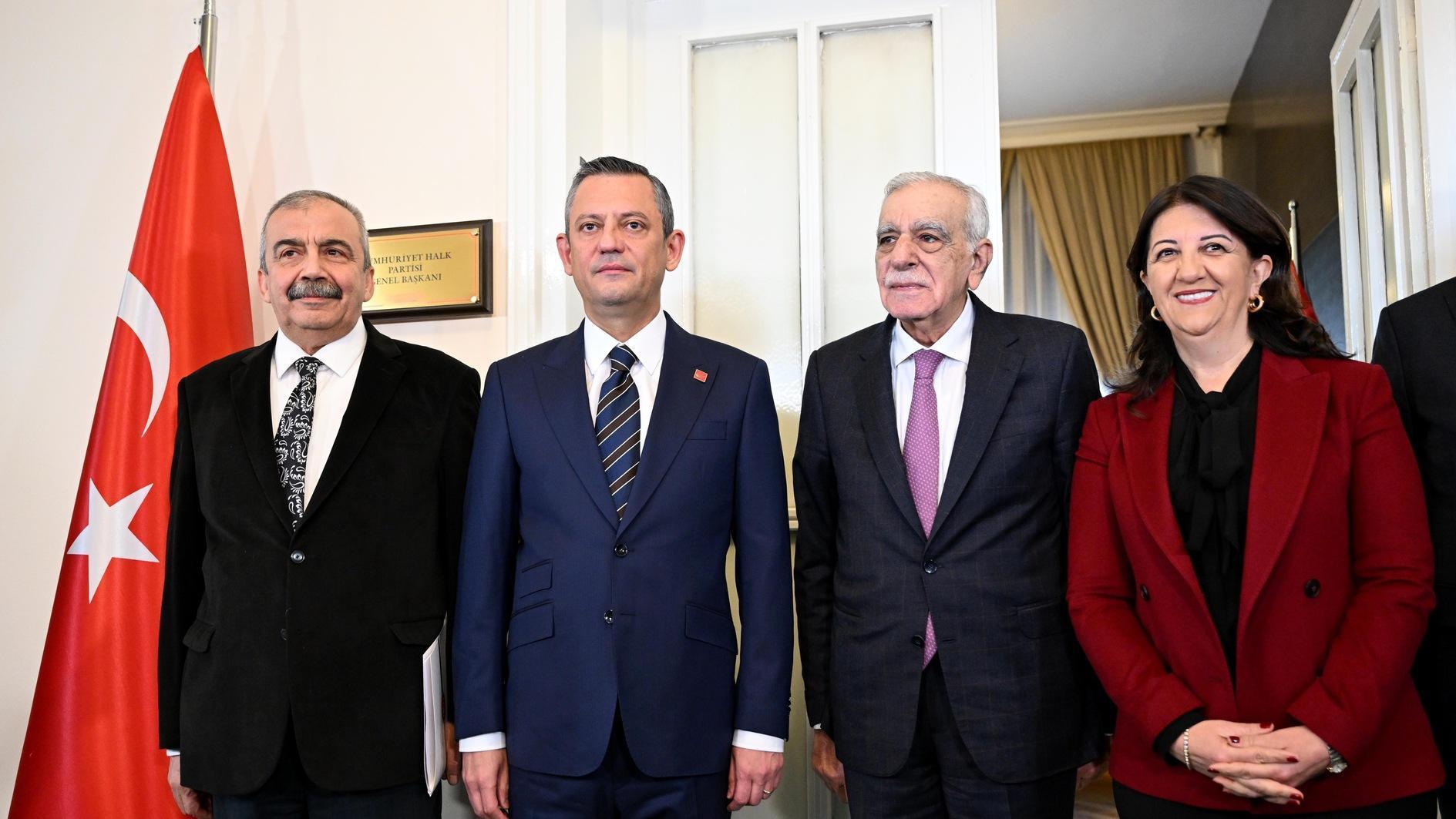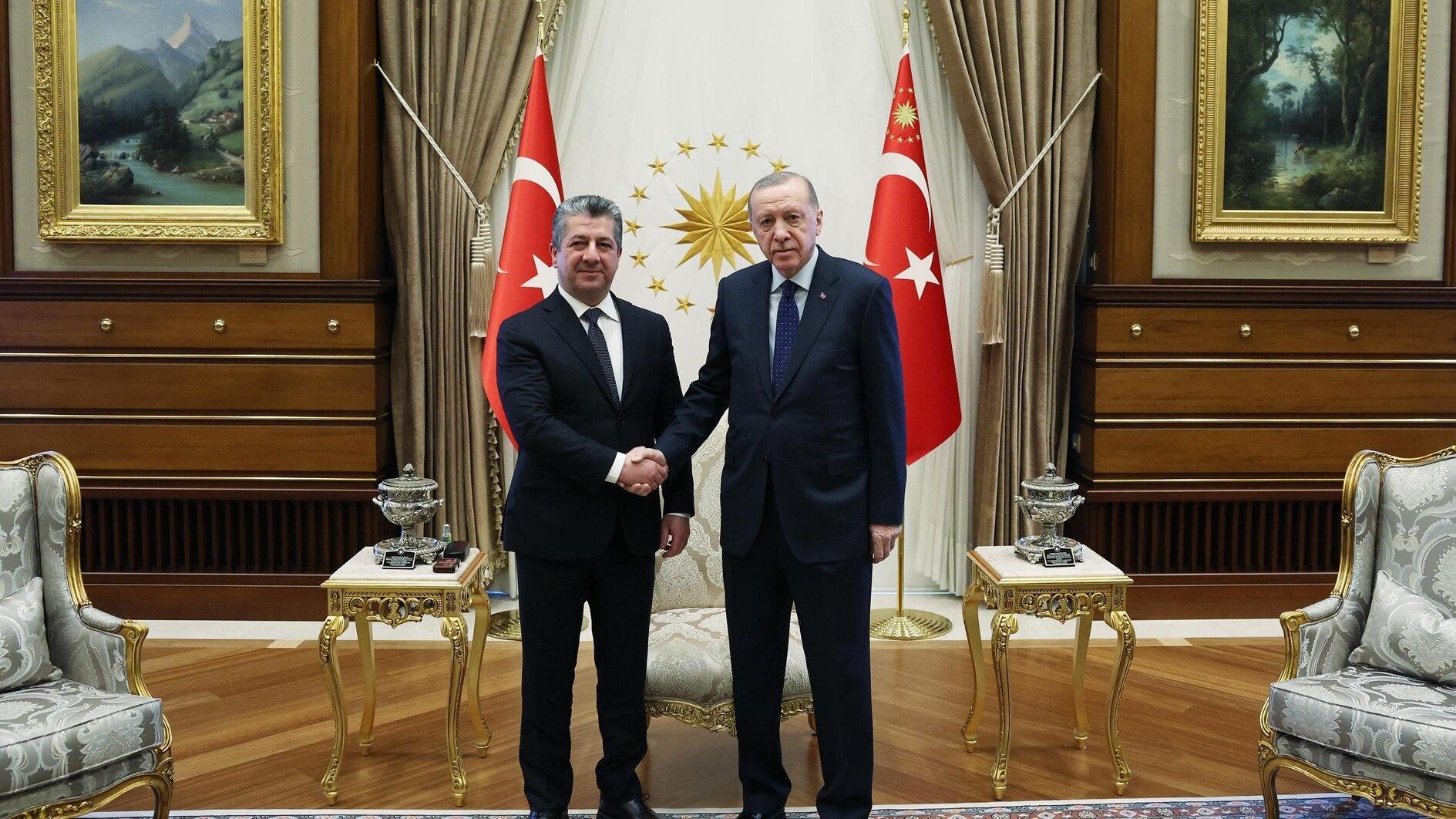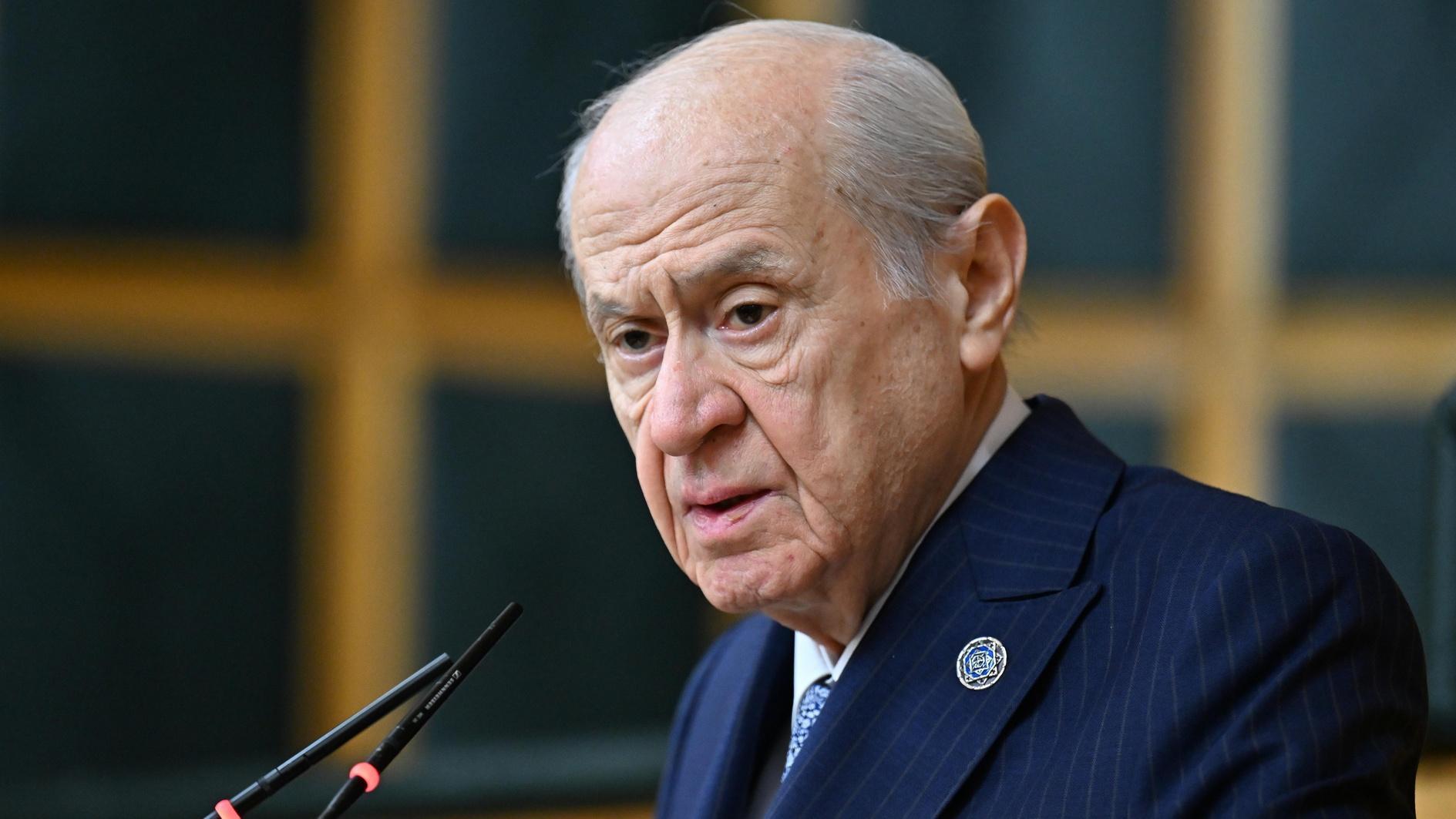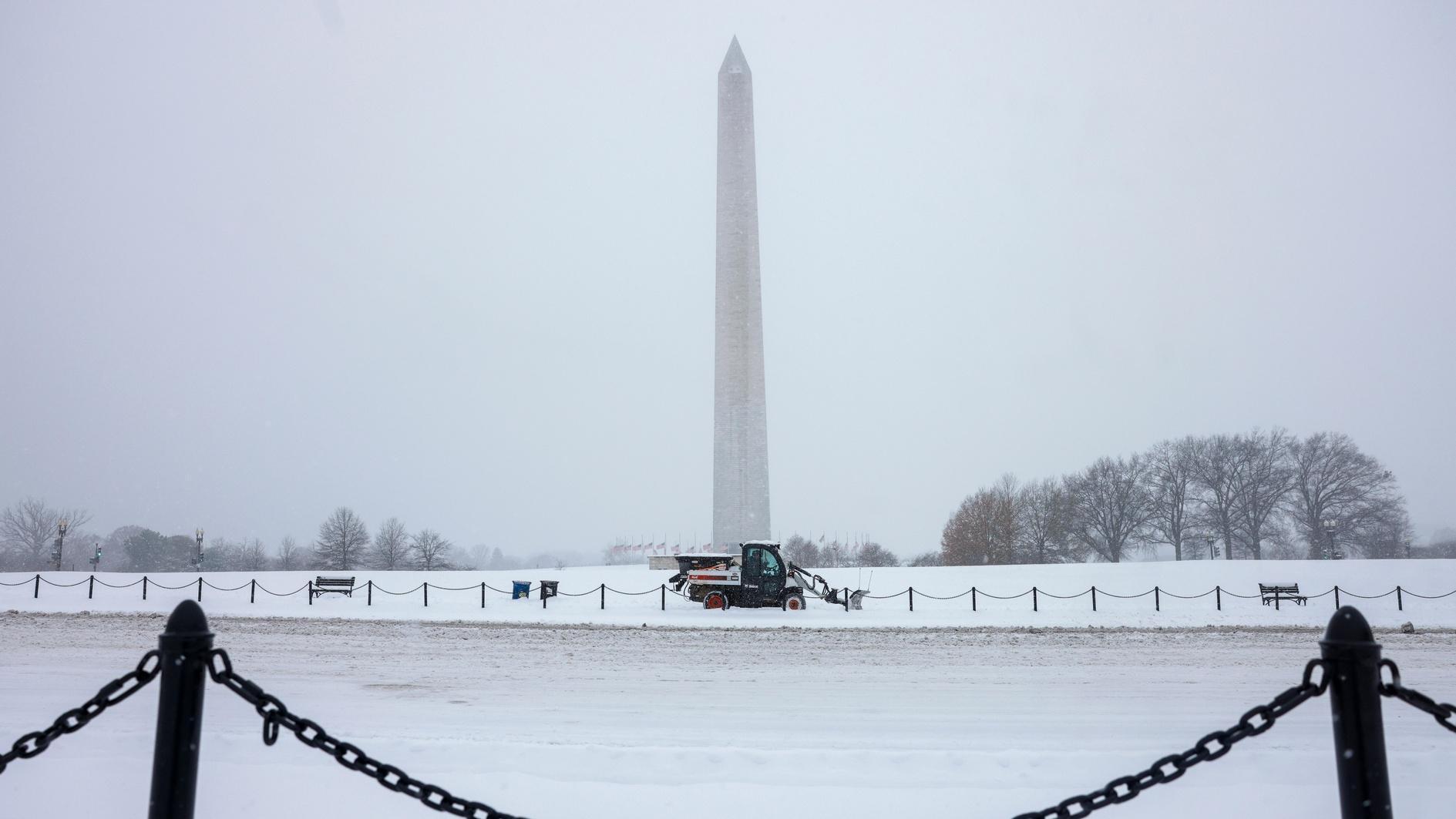Kerry lands in Kabul on unannounced visit
KABUL - Agence France-Presse
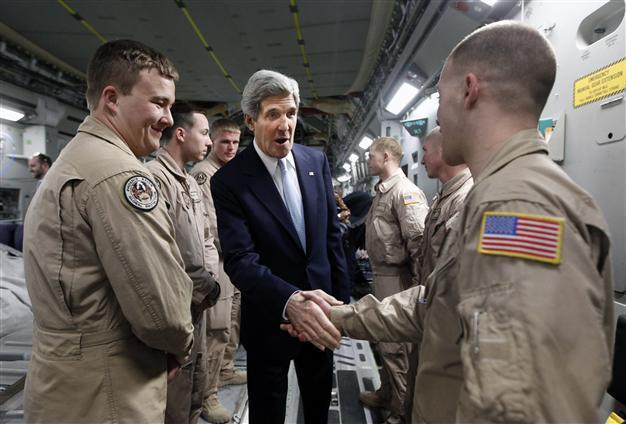
U.S. Secretary of State John Kerry, center, shakes hands with a member of the U.S. Air Force 816 Expeditionary Airlift Squadron aboard a C-17 aircraft en route to Baghdad from Amman, Sunday, March 24, 2013. AP photo
U.S. Secretary of State John Kerry made a surprise visit to Afghanistan on March 25 to hold talks with President Hamid Karzai amid growing tensions over the Afghan president’s anti-American rhetoric, seen by Washington as jeopardizing progress in the war against the Taliban.Kerry arrived in the Afghan capital for a 24-hour visit and discussed with Karzai continued U.S. assistance to the country and how to wean it from such aid as the international military operation winds down, as well as upcoming national elections.
Karzai has infuriated U.S. officials, accusing Washington of colluding with Taliban insurgents to keep Afghanistan weak even as the Obama administration presses ahead with plans to hand off security responsibility to Afghan forces and end NATO’s combat mission by the end of 2014. Afghanistan’s presidential spokesman also described last week the NATO-led military operation in the country as “aimless and unwise.”
U.S. officials accompanying Kerry said he did not plan to lecture Karzai or dwell on the apparent animosity but would make clear once again that the U.S. did not take such allegations lightly. They said he would press Karzai on the need for April’s elections to meet international standards and continue to stress the importance of Afghan reconciliation and U.S. support for a Taliban office in Qatar where talks could occur. Karzai is due to travel to Qatar within days to discuss the peace process and the opening of a Taliban office.
Bagram handed over to Afghan forces
Kerry’s visit came as Kabul took full control of Bagram military prison, once dubbed the Guantanamo Bay of Afghanistan, from the United States, healing one running problem in their testy relationship as U.S.-led forces wind down more than a decade of war. Karzai had made the fate of the detention center north of Kabul part of his push to regain sovereignty over key matters from the Americans, ahead of next year’s pullout of foreign combat troops.
An initial agreement to hand over was signed a year ago, but efforts to follow through on it constantly stumbled over American concerns that the Afghan government would release prisoners that it considered dangerous. Washington’s extended control sparked angry outbursts from Karzai that the U.S. military was coming to be seen as an “occupation” force as it battles a long-running Taliban insurgency.


